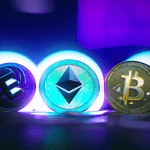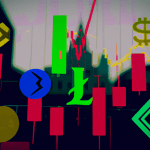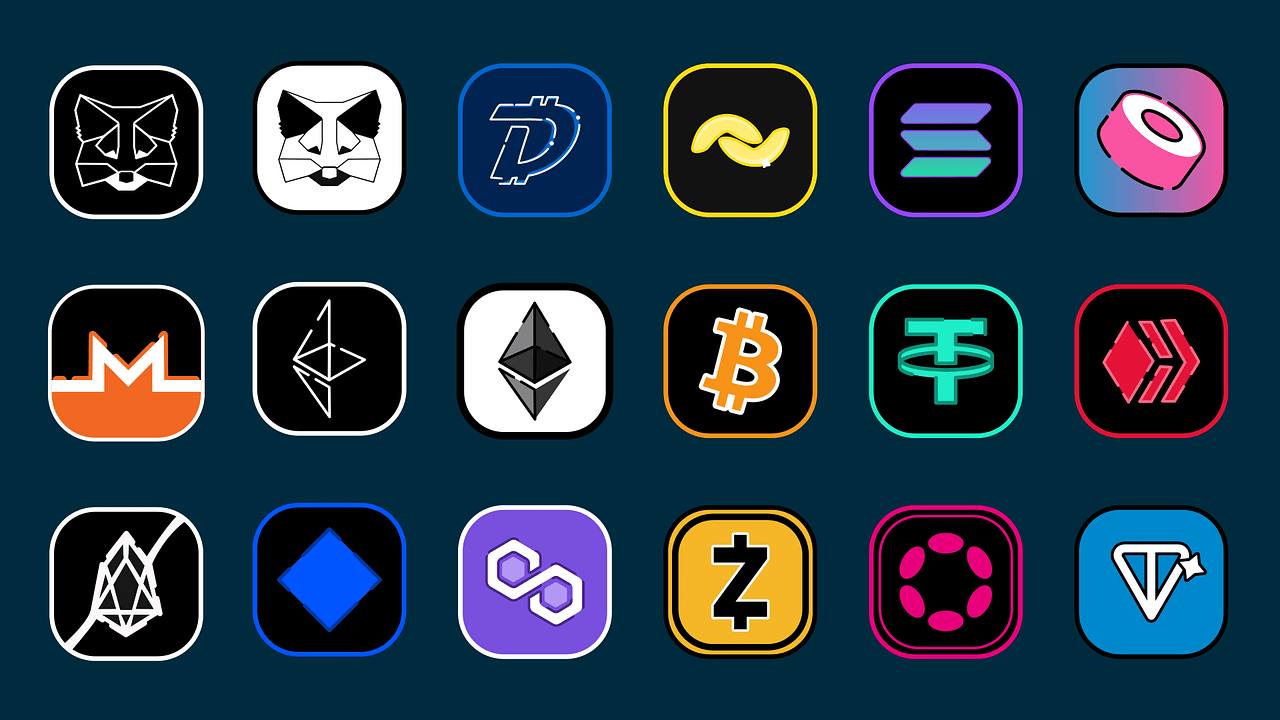With new cryptocurrencies being created every day, cryptocurrencies have become one of the most inventive and intriguing technologies in the financial sector. But not all cryptocurrencies are the same, and some have earned the moniker “shitcoins.”
Shitcoins are digital currencies that are only intended to defraud investors or generate a fast profit and have no genuine value or potential. They frequently offer nothing original or distinctive and are frequently produced by developers with little to no experience or knowledge of blockchain technology.
The value proposition and technology of real cryptocurrencies as opposed to shitcoins are two of the biggest distinctions. While shitcoins frequently have no actual worth or potential, genuine cryptocurrencies provide cutting-edge technologies and distinctive value propositions that have the ability to disrupt businesses.
The first and best-known cryptocurrency, Bitcoin, was created with the goal of serving as an inflation- and governmental interference-resistant store of value and medium of trade. It can be used for investments, remittances, and online purchases and is widely recognized by businesses and retailers.
On the other side, Ethereum is intended to serve as a platform for smart contracts and decentralized applications (dApps). It records and verifies transactions using a distinct technology called a blockchain. With the use of Ethereum’s technology, programmers can build decentralized applications for usage in a variety of sectors, including as gaming, healthcare, and banking.
Ripple is a different well-known cryptocurrency that aims to serve as a global payment mechanism for banks and other financial institutions. The Ripple Protocol Consensus Algorithm (RPCA), a proprietary technology from Ripple, enables quick and safe transactions between banks and other financial institutions.
Another cryptocurrency that resembles Bitcoin but is intended to be quicker and more effective is Litecoin. Scrypt, a separate algorithm from Bitcoin’s, is used by Litecoin to allow for quicker and less expensive transactions.
In the cryptocurrency world, there are also more recent coins like Polkadot, Solana, and Cardano that are becoming more well-known. A network called Polkadot intends to connect and connect the blockchain ecosystem by enabling data sharing and communication between various blockchains. As comparison to existing cryptocurrencies, Solana is intended to be a speedier, more scalable blockchain that can accommodate a higher transaction volume. A blockchain platform called Cardano seeks to offer smart contracts that are more reliable and sustainable.
Even though these cryptocurrencies have experienced tremendous growth in acceptance and appeal, there are still plenty of shitcoins that investors should steer clear of. Shitcoins frequently have low market capitalization, hazy whitepapers, no real-world use cases, and a small development staff. Also, investors need to be skeptical of any guarantees of quick gains or irrational returns.
Stablecoins are another type of cryptocurrency that are linked to a reliable asset, such as the US dollar. Stablecoins can be used for payments and remittances and are intended to offer a stable store of value in the erratic cryptocurrency market.
Genuine cryptocurrencies have potential, but the market is extremely volatile and speculative. Before investing in any cryptocurrency, it is crucial to conduct careful research. You should also be skeptical of promises of rapid gains or inflated returns. To make wise selections, investors should educate themselves on the technology and guiding ideas of cryptocurrencies.
Finally, I would like to point out that there are a lot of distinctions between real cryptocurrencies and shitcoins. While shitcoins frequently have no actual worth or promise and are only designed to defraud investors, genuine cryptocurrencies provide cutting-edge technologies and distinctive value propositions that have the potential to disrupt sectors. Before purchasing any cryptocurrency, buyers should conduct careful research because the cryptocurrency market is quite speculative and volatile.
















